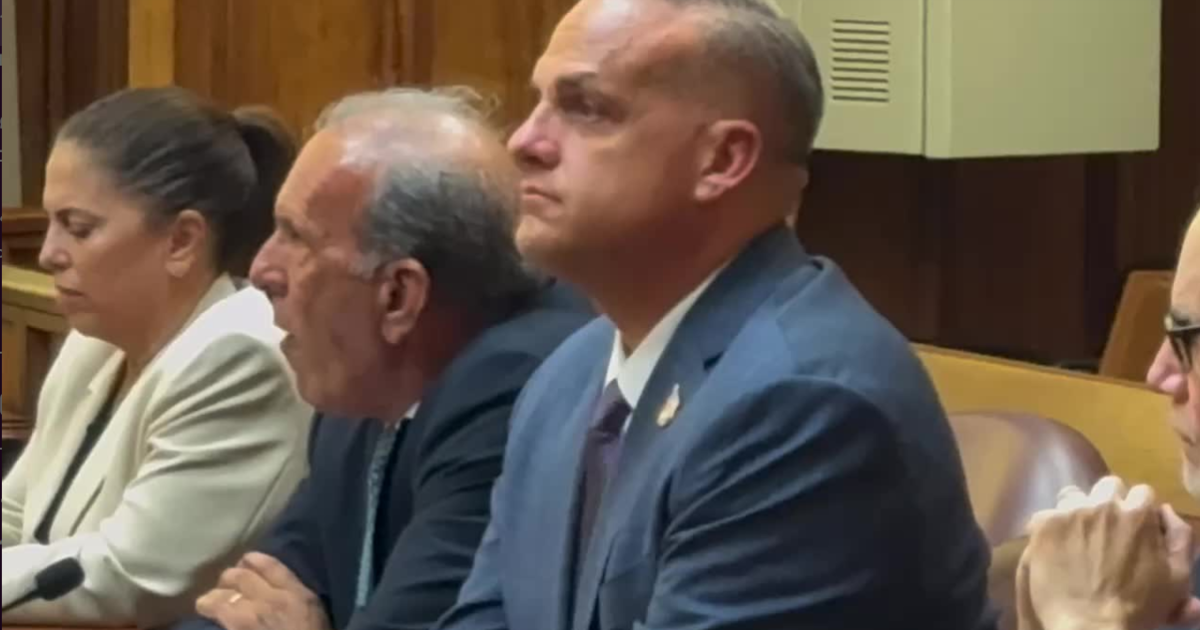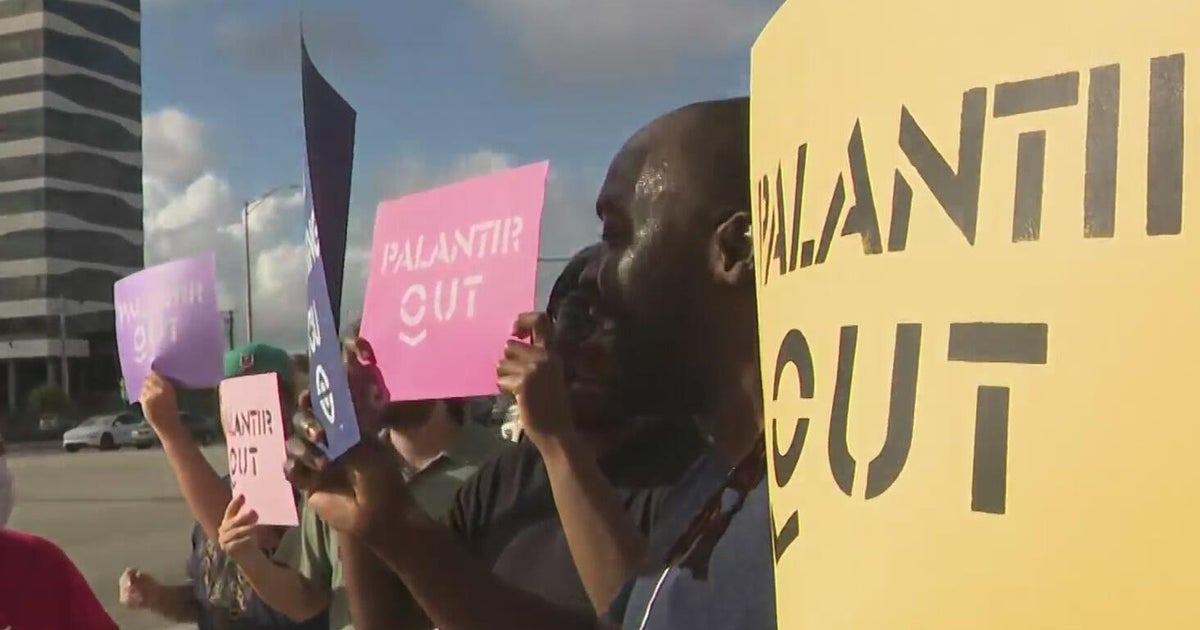Attorneys for former Miami Republican lawmaker Frank Artiles on Wednesday argued an appeals court should toss out his criminal conviction in a case involving a “ghost” candidate who helped defeat a Democratic incumbent in a 2020 Florida Senate race.
In an 82-page brief filed shortly after midnight at the 3rd District Court of Appeal, Artiles’ attorneys argued, in part, that a state law about limits on campaign contributions was unconstitutionally vague as applied in the case. Artiles, a former member of the Florida House and Senate, was convicted last year of making excessive contributions, conspiracy to make excessive contributions and false swearing under oath.
Artiles, a former member of the House and Senate, was prosecuted because of his relationship with Alex Rodriguez, who received 6,382 votes as an unaffiliated candidate in the 2020 election in Miami-Dade County’s Senate District 37. Artiles recruited Rodriguez to appear on the ballot to help siphon votes from then-Sen. José Javier Rodríguez, D-Miami. Republican candidate Ileana Garcia ultimately won the seat by 32 votes.
The brief filed Wednesday said that Artiles, who was working as a lobbyist and consultant, wanted Alex Rodriguez to run for the Senate seat “because the Democratic candidate had the same last name” and Alex Rodriguez could draw votes away from the incumbent.
The legality of “ghost” candidates
Having such a “ghost” candidate — someone who doesn’t actively try to win a race — is not illegal. But Artiles’ conviction centered on a series of payments that he made to Alex Rodriguez. Wednesday’s briefs said some of those payments involved business transactions, while others were loans, such as a $6,798 loan to cover school tuition for Rodriguez’s daughter and a payment to a landlord.
A jury concluded that some of the payments were improper campaign contributions. In the appeal, Artiles’ attorneys pointed to the jury not convicting Artiles on some other payments. The brief contended that the state law used to convict Artiles was unconstitutionally vague.
“The jury’s arbitrary verdict demonstrates this constitutional defect: the jury found that loans from Mr. Artiles to Rodriguez were illegal ‘contributions,’ while simultaneously finding other financial transactions to be legitimate business deals,” the brief said. “Both types of transactions occurred during the same timeframe, involved the same parties, were never repaid, and yielded no profit for Mr. Artiles. Yet, the jury criminalized one set of transactions while sanctioning the other, without any meaningful legal standard to distinguish between them. This arbitrary application violates due process and demonstrates that persons of ordinary intelligence cannot discern when a personal loan becomes a criminal contribution, and chills First Amendment associational rights.”
The appeal also argued, in part, that Artiles was improperly prevented from offering evidence during the trial that Alex Rodriguez had a “modus operandi of taking advantage of business partners and friends by playing the victim but also being very resourceful.”
“Evidence of multiple instances where Rodriguez borrowed money or scammed others through fabrications, misrepresentations and outright falsehoods, using the same pattern of deception he employed with Mr. Artiles, was directly relevant to the defense theory that the transactions with Rodriguez were not campaign contributions,” the brief said. “Evidence showing that other individuals similarly fell victim to Rodriguez’s schemes would have provided crucial context for why Mr. Artiles would loan Rodriguez money for stated purposes unrelated to the campaign. “
A footnote in the brief said Alex Rodiguez began cooperating with prosecutors in December 2020 and later reached a plea agreement.
Artiles’ rise and fall in politics
Artiles served from 2010 to 2016 in the House before getting elected to the Senate. He resigned from the Senate in 2017 amid a probe into a tirade at the private Governors Club that included making derogatory comments about a fellow senator and using a racial slur.



